TT Literature from 1980-2020
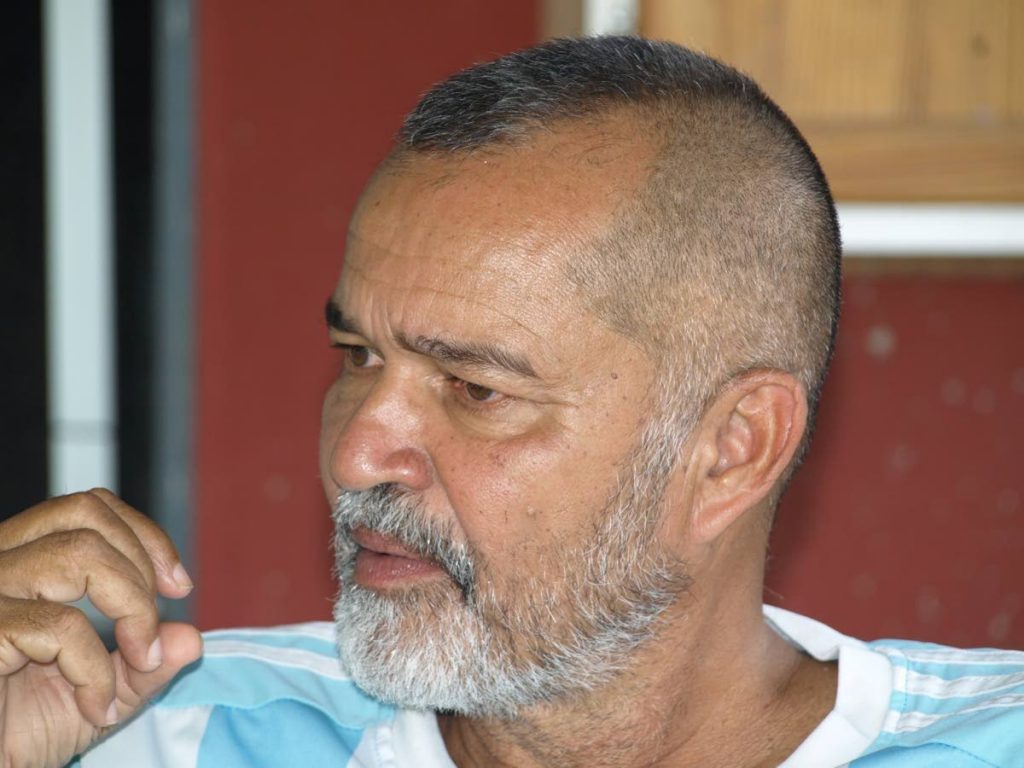
BOOKS are a passport and a portal to the world. Through the author’s eyes, a book invites the reader into another’s home.
Reading can transport someone out of their reality into another’s. Reading allows people to experience the lives of those in different countries, socio-economic classes, gender experience, sexualities, ethnic background, races and education level.
To celebrate the voices of TT authors, the University of the West Indies (UWI), St Augustine Department of Literary, Cultural and Communications Studies virtually hosted international conference Books as Passports and Companions: The Literature of TT: 1980-2020 from September 21-24.
The UWI conference which was in partnership with the Friends for Mr Biswas and the Ministry of Education celebrated 40 years of TT literature such as science fiction, folklore, journalism, young adult, children’s literature poetry, non-fiction and literature pedagogy.
West Indian books provide a snapshot of the author’s life, culture, background and experience. Books carry the voices of many.
Professor emeritus Kenneth Ramchand, chairman of Friends for Mr Biswas, said imagination projects the reader into places, events, communities and human interactions they may have never experienced. Reading teaches empathy.
“The works of creative artists take us out of ourselves and turns us into people with empathy. There are other important things we can say about experiencing the arts and humanities, being immersed in the sometimes frightening substance, of what it can do to us and for us, but they all contribute to the creating of empathy,” he said.
Empathy, he said, would put an end to partisan politics. Empathy makes people feel like they are a part of the universe and involved in the lives of others.
40 years of TT literature – an annotated bibliography
To document the complete works of literature by TT authors in the past 40 years, UWI’s Alma Jordan Library, the National Library and Information System Authority’s (Nalis) and the National Archives created an annotated bibliography of TT writers called TT Literature 1980-2020.
“TT Literature 1980-2020 is above all, a tool of enquiry and a data-gathering exercise with clear but tentative questionings of current practice. Its shape and content are rooted in the belief that cultural literacy – knowing who you are, where you came from, and where you have it in you to go – is the basis of a civilisation.”
Ramchand hopes the bibliography will inspire similar bibliographies in the other islands.
Nalis executive director Paula Greene encouraged all authors, including new and budding authors, to deposit their books at the national library so the country could keep record of the books published in TT.
Government archivist Avril Belfon said TT books help people reimagine and relive eras, times, and moments in history.
Voices of TT – the authors
Wherever authors gather there is a conversation of writing, said Claire Adam, a Trinidad-born novelist who lives in the UK. Adam chaired the Creatives Speak section where writers read their works and discussed their creative process, support systems and what led them to writing.
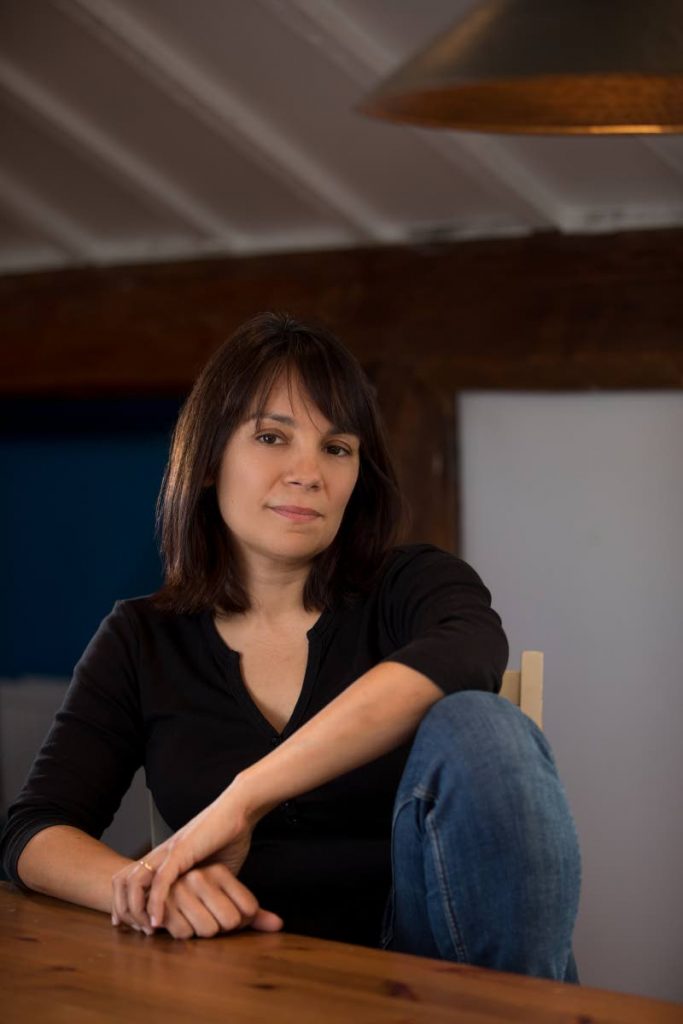
“Trinis are such natural storytellers. It is so wonderful to have opportunities to write them down and share it with the wider public,” she said.
Michael Cozier started to write when he was in primary school. In standard four there was a prize for an essay-writing competition. He was a rambunctious child and admitted he did not focus much on reading, but he wanted to win. His sister, a schoolteacher helped him win third place.
“I never had any interest in books, I could have done anything else... I wanted to win one of the books. I didn’t have the tools to do it because I was more interested playing.”
He won Daniel Defoe’s Robinson Crusoe – a book set on an unnamed island off Trinidad and Venezuela that many people have thought was Tobago.
While reading in a hammock under a tree, he fell and broke his hand. Stuck on bed rest for a few weeks, he read.
“I realised there was something missing all this time. I was in Tobago with Robinson Crusoe and man Friday.”
After Cozier left school at 18, he broke his hand again and went to the hospital. He asked a nurse for a book. She told him since he was from Icacos, he should write something about the area. He hasn’t stopped writing since.
Cozier’s published books include Putting Up a Resistance, Of Suits and Horses, and Forward ever! Backward Never! And Bend Foot Bailey with Lyndon Baptiste.
When Andre Bagoo was in school, he would write poems for boys he fancied. From that poetry collection, he made pamphlets and gave them out. He has since grown into a published writer, journalist, essayist and poet. His new book is called The Undiscovered Country.
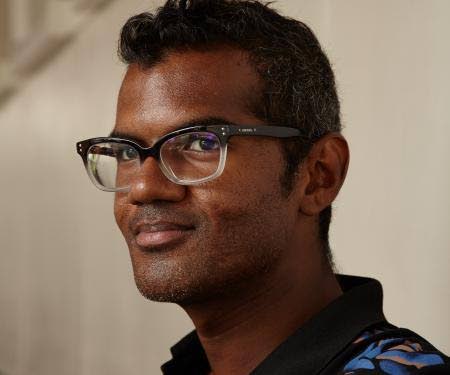
He writes to change the silence.
“The silence at the end of a poem should somehow be different from the silence at the start. Changing silence can take many forms: poetry, prose, polemic. And it need not involve noise…
“I speak to enforced erasures, of identities, histories, stories, personal to me and yet inherently political—colonial erasures that still trouble a new nation.”
Bagoo is in a writing group with fellow panellist Breanne Mc Ivor called the People’s Republic of Writing.
Mc Ivor always wanted to be a writer. Before she understood anything about the publishing industry or how to get a literary agent, Mc Ivor was immersed in a world of books and told tales to her family, writing them in copybooks.
Mc Ivor was considered one of the “bright” children in school and was pushed towards studying sciences for O-:evels. Science was not for her. No matter how smart she was, she wanted a life in the arts.
Mc Ivor got a scholarship in arts and studied literature at Cambridge. She’s published a collection of short stories, Where There are Monsters.
Going to people she deeply loves and trusts to talk about the writing process has helped Mc Ivor with her stories. Through her friendships she found support in finding an agent, fears of writing inadequacy assuaged and her writing constructively critiqued.
“Andre read some of my collection before it published. For one story, he said that is not the right ending, and he was right. Community is so important to me, but you need to sit down and write on your own.”
Barbra Jenkins, 78, has been writing for approximately ten years. She started an MFA in creative writing at UWI in her late sixties and has been writing ever since. For her MFA she wrote a collection of short stories which became Sic Transit Wagon and other stories – her first book.
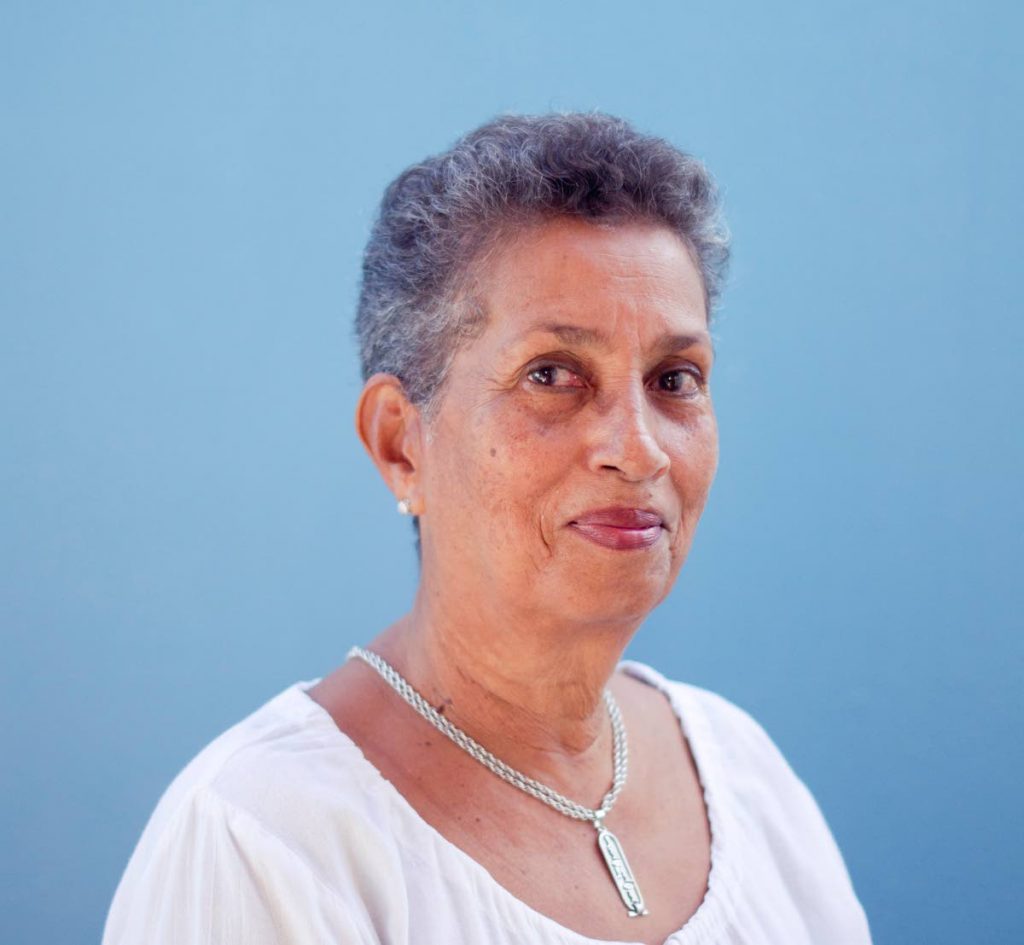
“I’m a new writer and not a new person,” she said.
Jenkins won the Hollick-Arvon Prize for emerging writers in 2013, which led her to write her second book, the novel De Rightest Place.
“Why do I write? I am not writing from any sense of ever wanting to be a writer. I am not fulfilling a dream or anything like that... Right now, it is the clearest thing I am doing because it is for me.”
She is working on a memoir called The Stranger who is Myself, inspired by Derek Walcott’s poem Love After Love.
“I am writing (the memoir) because I want to. I need to write this. I was born a long time ago and this is a passage of myself.”
Jenkins has been a part of the Bocas Lit Fest community and Brooklyn Caribbean Literary Festivals. She loves mingling with the writing community, but she does not share her work with anyone.
“I keep it very private. I don’t share my work until it is published. Be part of something without putting myself out there.”
Dr Monique Roffey, 55, studied literature and film at the University of East Anglia but struggled. She now has a masters and doctorate in creative writing from Lancaster University.
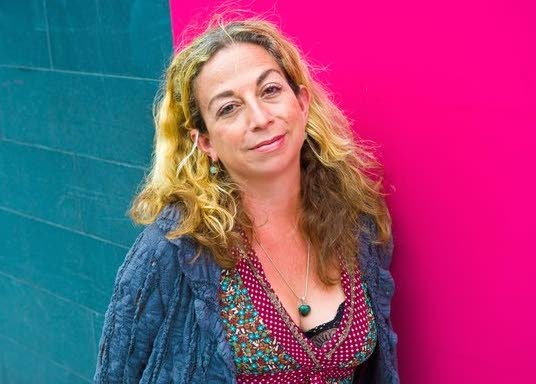
“I got a third for my first degree. It is a famous writers’ degree. Some writers dream their way through their degree. I was least likely to succeed in all of this.”
Roffey lives in London but writes about Caribbean white women.
“Caribbean white people need an update. I am not interested in British white people…I always write about female agency, sexual female desire, otherness, as women (are) first other.”
Her writing is steeped in magical realism and feminism tackling stories about folklore and other mythology such as Lilith, the first woman and Adam’s first wife.
“All bad people can be good. All the good guys can have some bad, all the bad guys have some good. I don’t like to create people who are one thing or another.”
She’s published seven books, including The Tryst, Archipelago and The White Woman on the Green Bicycle. She’s currently working on a crime novel.
Roffey grew up in a home filled with books and read voraciously.
But, she says, “I came from a house where books were an art, not a career. Writing in literature was not something we do. My father wrote a novel, but that was something men did or men wrote. I can’t say I struck out in this mission, that I make my mark. Nobody was encouraging me. English was my thing.”


Comments
"TT Literature from 1980-2020"